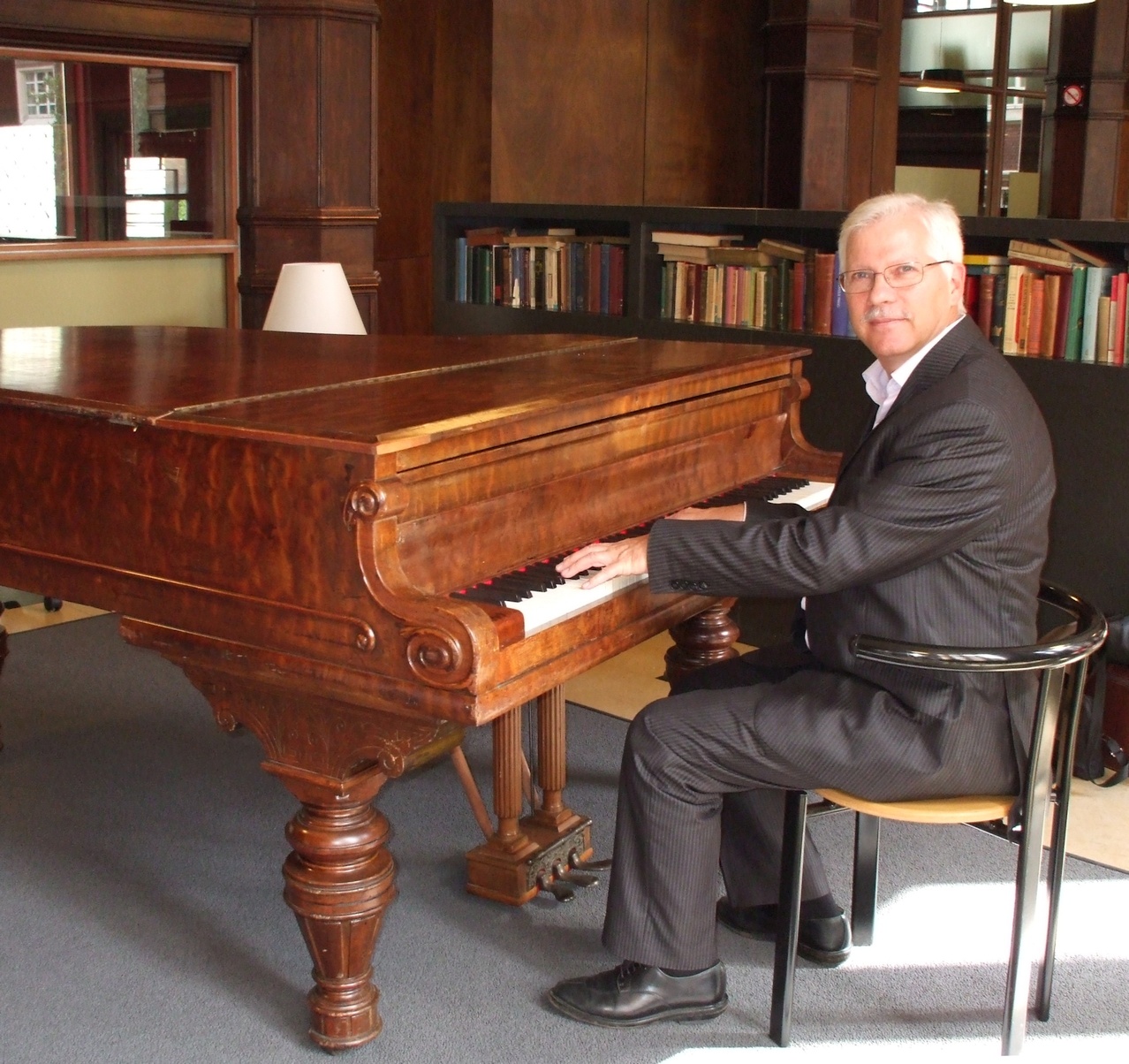About
Louis Sauter was born in the United States, but he has lived most of his life in France. He is
both a musician and an engineer 1 , and began his scientific career performing research in
speech processing and multimedia, before evolving towards management and consulting.
A mostly self-taught musician, he nevertheless benefited from the advice of great masters. He
met Olivier Messiaen several times, and sharply remembers attending one of his musical
analysis classes. He more recently improved his orchestration skills with Ricardo Nillni.
He has composed over fifty works for solo instruments, voice, chamber ensembles and
symphonic orchestra. His compositions have been recorded and performed worldwide by
professional musicians in concert halls as well as by students in music schools. His
arrangement of Gershwin's Rhapsody in Blue was performed at Carnegie Hall in
September 2018.
His Suite carpatique was an official selection of the 5 th edition of the Coups de Vents
International Wind Ensemble Composition Competition. His Suite pour harpe made the finals
of the 2016 Solo Harp Composition Competition.
His Tristan im Mondschein, part of Susanne Kessel’s 250 piano pieces for Beethoven project,
was premiered and published in 2018. His trio Las bodas de Helena features in the soundtrack
of the short film Argentina which was released in Brazil in 2017. The CD One Minute
released by Sarton Records in 2017 includes his Trois miniatures pour flûte. Four other CDs
including his works were released in 2018 and 2019 by Phasma Music: Gimel, Daleth, TwoMinutes and He.
1 During his engineering studies, Louis was in the same class as Naji Hakim, another composer featured on Moving Classics TV

